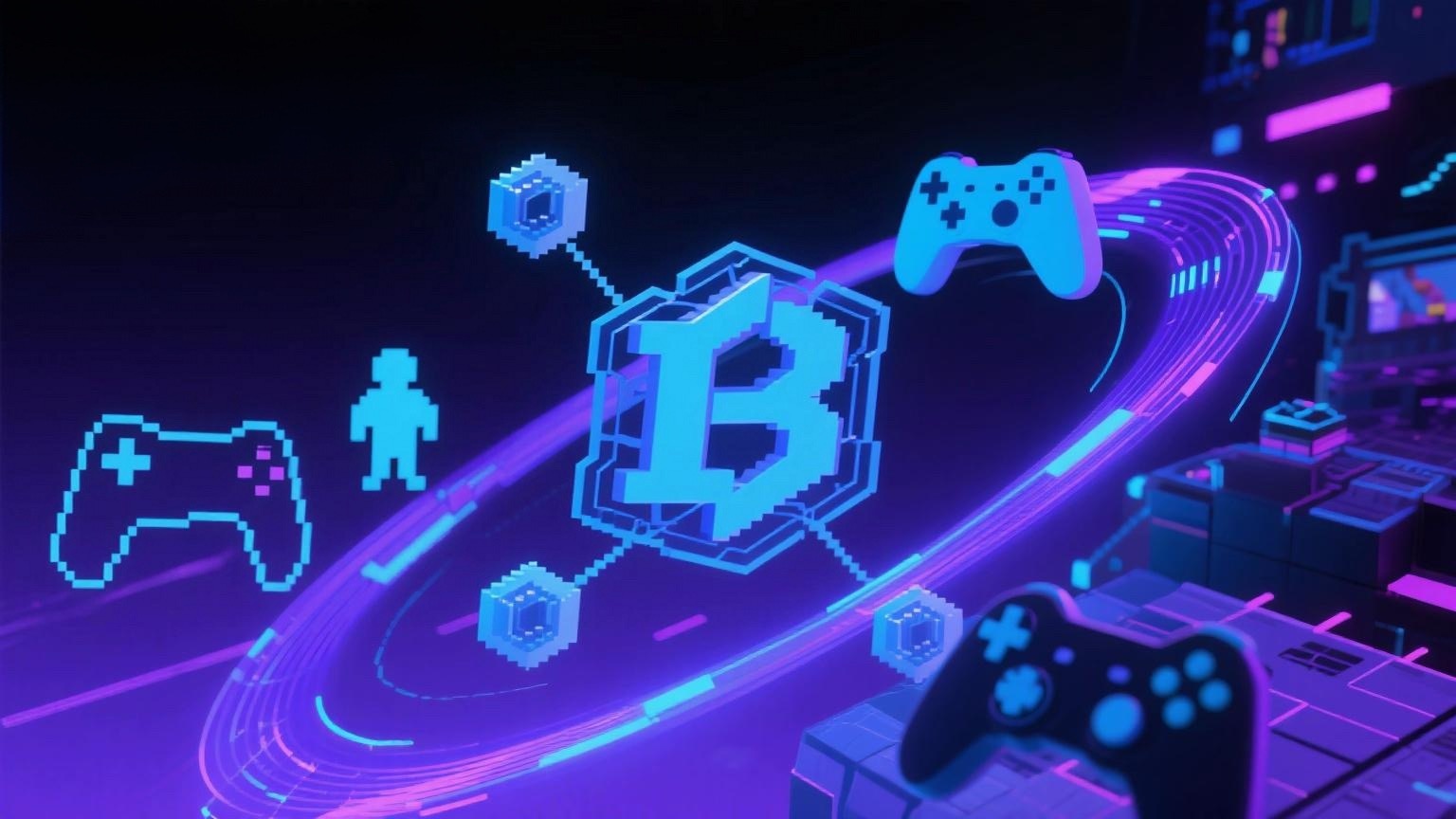
Blockchain games refer to the application of blockchain technology in the gaming industry. As early as 2017, the blockchain game Cryptokitties took the world by storm, setting a record of over 14,000 daily active addresses in a single day and generating a total transaction volume exceeding 200 million RMB. It can be said that gaming was the first field where blockchain technology truly found practical application.
Some may wonder why, among the many industries that experimented with blockchain early on, only blockchain + gaming gained market recognition. The reason lies in how blockchain technology reshapes the relationship between developers and players.
Simply put, in traditional games, because data runs on centralized servers, both the game rules and development rights are solely controlled by the gaming company. Players' hard-earned efforts may be wiped out overnight due to a single rule change by the developers.
Additionally, traditional game mechanics are often opaque. Drop rates for rare weapons or draw probabilities for rare cards are essentially black boxes for players, who have no way of knowing whether developers are truly delivering on their promises.
Blockchain games, however, are different. Since blockchain is a decentralized ledger maintained by multiple nodes, the development and maintenance of the entire game are collectively managed by these nodes. Beyond the gaming company, players can also participate in shaping the game's rules. This ensures the game's balance and playability are inherently transparent and user-verified.
Moreover, games naturally involve concepts like items and in-game currency, which align well with blockchain’s economic models. By integrating token economies into games, players can earn additional token incentives beyond just gameplay, helping games attract more users and extend their lifecycle. This is why blockchain games are so highly regarded by the market.
Currently, while blockchain + gaming has seen adoption, most applications are limited to card or sandbox-style games, with no killer apps like "Honor of Kings" or "Peacekeeper Elite" emerging yet. The main reason is the immaturity of blockchain infrastructure, which still faces technical challenges, including:
-
Current public chains cannot meet high throughput demands, resulting in performance that falls short of mainstream mobile games.
-
The decentralized nature of blockchain leads to high latency in on-chain data processing, making real-time payment experiences in games impossible.
-
The issue of "value silos": major public chains operate in isolated environments, preventing data interoperability, value transfer, and scenario interaction between different chains and their applications.
Due to these challenges, blockchain gaming still faces bottlenecks. However, with the development of new technologies like cross-chain, sidechains, and Layer2, there is hope that blockchain’s efficiency issues can be fully resolved in the future, paving the way for a true blockchain gaming world.
















